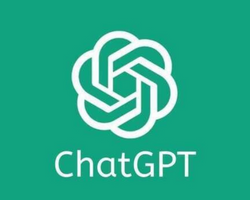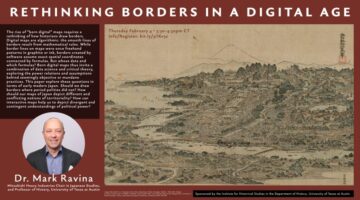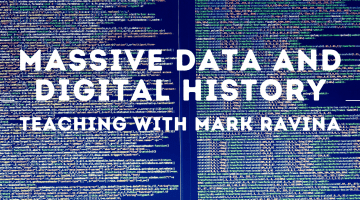
At this point, everyone seems to have heard of ChatGPT 3, the breakthrough artificial intelligence engine released in November 2022. A product of the OpenAI consortium, this online tool can generate long-form prose from simple prompts, with results often indistinguishable from human efforts. A New York Times column reported that ChatGPT “creates new content, tailored […]


